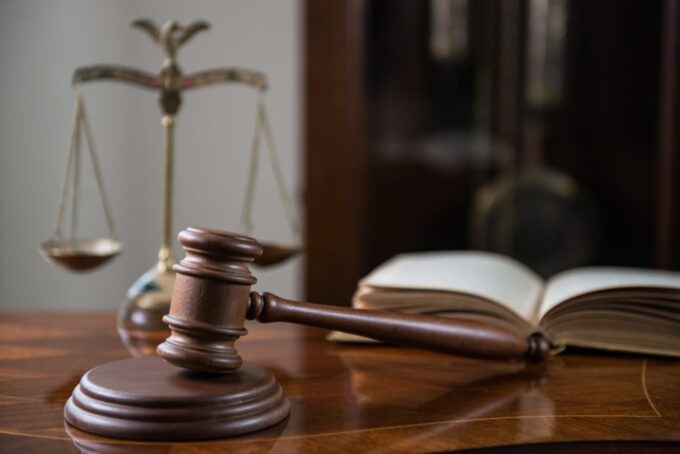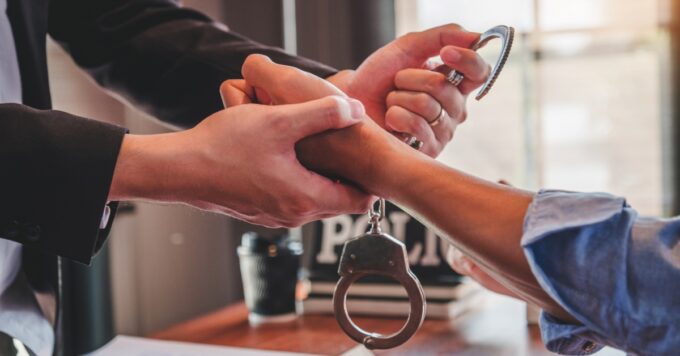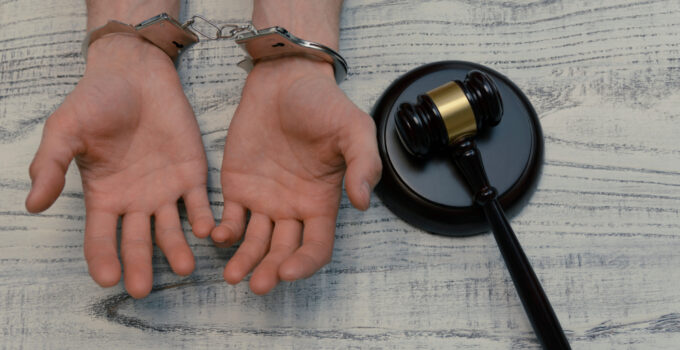Probation is a part of many people’s lives. For some perspective, 4.5 million people were out on probation or parole in 2016. That means that one in 55 Americans are under community supervision.
Probation is something for people who are facing long prison sentences. A probation violation can ruin one’s chances of remaining outside of prison. If you are on probation, it is important that you know the basics and then visit for more information.
What are the laws that govern probation in Florida? What are the conditions that you can receive? What should you do on probation and how can you avoid violating your terms?
Answer these questions and you can avoid prison, even after a criminal conviction. Here is your quick guide.
Probation Laws

Source: millerleonardlaw.com
Chapter 948 of the Florida Statutes provides the ground rules for probation in Florida. Section 1 of the chapter describes when a defendant may receive probation.
Probation is for defendants who have been found guilty, including those who have pled guilty to their charges. It is a sentencing option for a judge who believes that the defendant will not commit another criminal offense. The prescribed punishment for their offense should essentially be excessive.
Judges have broad latitude in deciding the conditions of probation. A defendant may need to pay fines or perform community services. They may have their driver’s license suspended, and they need to submit to drug testing.
A defendant may be unable to perform activities like traveling outside of the state. They will be under the purview of a probation officer, who will make sure they are following their conditions.
Types of Probation
There are a few different types of Florida probation. Regular probation is at a judge’s discretion. Generally, people on regular probation must meet with an officer and abide by different guidelines.
Administrative probation is near-identical to regular probation. But most people on it do not have to meet with a probation officer, at least not on a regular basis.
Community Control probation remands people to supervised custody. They are out of prison, but they are confined to a specific setting or home. Probation officers will monitor them.
Community Control II probation is a more restrictive form of community control. An individual is monitored around the clock by probation officers and may be unable to leave their house. They may use electronic surveillance tools, including ankle monitors.
Sex offender probation is similar to regular probation. A judge will prescribe a particular treatment plan that can include psychological therapy. A person may be unable to interact with children or previous people they knew.
In some circumstances, people convicted of sex offenses will go through a variant of Community Control. They may need to submit blood and fingerprint samples to the police. They may also need to provide a probation officer with their weekly schedule.
You may have heard of bail. Bail is not a type of probation, but a means to let a defendant get out of jail while their criminal case is ongoing. A defendant may qualify for bail and probation, but a judge decides on each separately.
Rights After Violating Probation

Source: robertfoleylaw.com
The state of Florida takes probation violations very seriously. If someone is suspected of violating probation, a judge will issue a warrant for their arrest.
The person will be brought into a hearing. The judge will tell them why the hearing is taking place, and the individual will have an opportunity to discuss the supposed violation.
If they admit to violating probation, a judge can send them to jail. If they don’t, the judge can do the same.
A defendant does not have the degree of legal protection that they had before. They have no right to a jury trial, and they have no right to bond.
Judges have major latitude. They can order a person to complete a mental health or drug treatment program in addition to a prison term.
What to Do While on Probation
Pay close attention during your probation hearing. Ask any questions about your conditions, and take notes on the answers. If you are confused, ask your lawyer for advice.
Get a list of your conditions and keep it on hand. If you must meet with a probation officer, make a calendar and mark your appointments on it. Set alarms so you can arrive early and get your meetings done.
If you can return to your previous job, do so. If you can’t, find another job as soon as possible.
You can also get freelance and part-time jobs until you have 40 hours covered every week. The more productive you are, the more your probation officer will look positively at you.
Do not associate with anyone who has a criminal record, including others on probation. Do not engage in any criminal conduct whatsoever, including traffic violations.
Try to live a law-abiding life. You can visit family, go on vacation, and participate in hobbies. Talk about your life and habits to your probation officer so they know what you are like as a person.
What to Do After Being Arrested for Violating Probation

Source: martinandkent.com
It is absolutely essential that you give no information to your arresting officer. You still have your right to remain silent, so invoke it as soon as possible.
Do not hesitate to call a probation violation lawyer. We recommend that you don’t try to defend yourself in a probation violation hearing.
But it is important that you engage in the process. Understand what the case against you is like. See what you can do to clear your name, namely by providing evidence that refutes the prosecution.
Stay calm. Going to prison or having more restrictive terms can be scary. But cooperating with the process and remaining in touch with your lawyer will smooth things over.
Get Help for Probation Violation
Probation lets criminal defendants avoid jail. A probation officer may supervise them, and they may have terms that restrict their lives like drug testing.
But the courts take probation violations very seriously. A person loses legal protections like a trial by jury.
If you are on probation, understand your conditions and follow them without deviation. If you get arrested, get a lawyer and fight to keep yourself out of prison.







